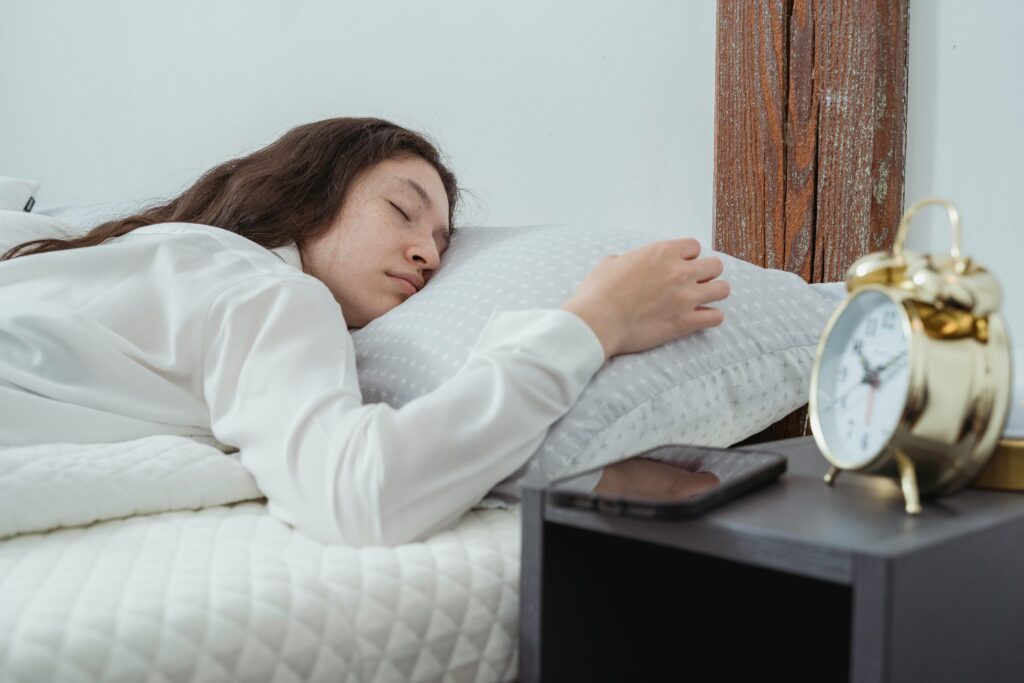Sleep Strategies for Resilience
March 10-16, 2024, marks National Sleep Awareness Week, with March 15 specifically designated as World Sleep Day. These observances draw attention to the often-underestimated role of learning sleep strategies for resilience against stress and life’s challenges. In the hustle and bustle of our daily lives, thoughts about responsibilities and to-do lists often invade our minds as we prepare for slumber. If we’re not careful, the pressures of life can overshadow the vital need for rest. Sleep, however, serves as a powerful coping mechanism, allowing us to recharge our energy and build the resilience necessary to navigate our action-packed lives healthily.
The Link Between Sleep and Resilience
Sleep is not merely a passive activity; it is an active contributor to our overall well-being. In the chaotic rhythm of modern life, where stressors are omnipresent, the quality and quantity of our sleep become paramount. Adequate and restorative sleep has been shown to enhance cognitive functions, boost emotional stability, and fortify our immune systems. Thus, it plays a pivotal role in our ability to face challenges with resilience.
The Pitfalls of Neglecting Sleep
As we immerse ourselves in the whirlwind of daily life, it’s easy to downplay the significance of sleep. Thoughts about work, relationships, and other obligations can dominate our minds, leading us to compromise on the very foundation of our health – sleep. Chronic sleep deprivation not only leaves us physically exhausted but also impairs our cognitive functions, decision-making abilities, and emotional well-being. It becomes a vicious cycle, as stressors accumulate and further disrupt our sleep, creating a detrimental loop that impacts both our mental and physical health.
Practicing Sleep Hygiene
To truly embrace the essence of National Sleep Awareness Week, it’s crucial to adopt and promote good sleep hygiene. Sleep hygiene involves cultivating habits and behaviors that optimize the quality of our sleep. Here are some tips to enhance your sleep hygiene:
- Establish a Consistent Sleep Schedule: Aim to go to bed and wake up at the same time every day, even on weekends. Consistency helps regulate your body’s internal clock, promoting better sleep.
- Create a Relaxing Bedtime Routine: Develop calming pre-sleep rituals, such as reading a book, taking a warm bath, or practicing gentle stretching exercises. These activities signal to your body that it’s time to wind down.
- Optimize Your Sleep Environment: Ensure your bedroom is conducive to sleep. Keep it cool, dark, and quiet. Invest in a comfortable mattress and pillows for a supportive and restful sleep.
- Limit Exposure to Screens: Reduce exposure to electronic devices at least an hour before bedtime. The blue light emitted from screens can disrupt the production of melatonin, a hormone crucial for sleep.
- Mind Your Diet: Be mindful of your food and beverage intake, especially in the evening. Avoid caffeine and heavy meals close to bedtime, as they can interfere with your ability to fall asleep.
As we celebrate National Sleep Awareness Week and World Sleep Day, let’s prioritize the importance of sleep in cultivating resilience against life’s challenges. By embracing good sleep hygiene practices, we can harness the power of rest to enhance our physical and mental well-being. Remember, a well-rested mind and body are better equipped to face whatever life throws our way.
Sweet dreams await those who prioritize their sleep!
Read more about this important topic at https://www.mhanational.org/get-enough-sleep.

